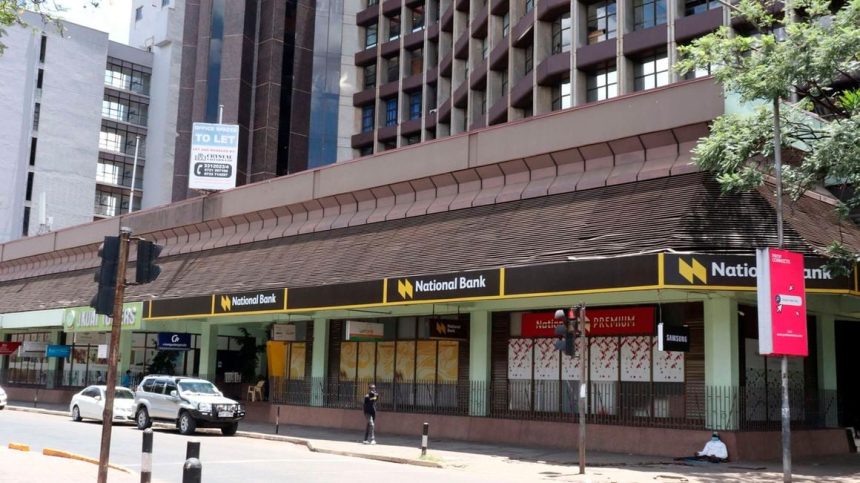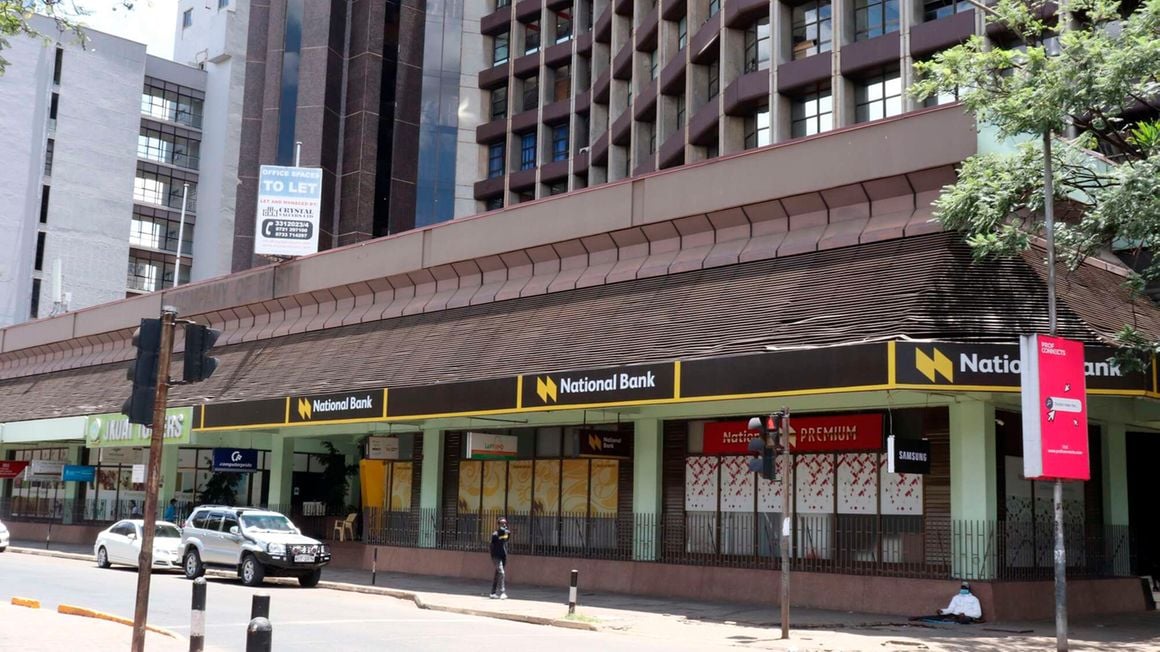KCB Group provided an additional loan of Sh4.1 billion to its local subsidiary National Bank of Kenya in the first quarter ended March, helping to lift the unit’s capital ratios above statutory requirements.
National Bank has disclosed the additional funding from its parent firm, which will sit on the bank’s balance sheet as supplementary or tier II capital.
The injection lifted NBK’s supplementary capital to Sh5.17 billion in the quarter ended March 2023 from Sh1.13 billion at the end of last year.
Supplementary capital can be built from multiple sources including loans, property revaluation reserves and hybrid instruments like preference shares.
The funding has already served to lift NBK’s capital ratios to meet all statutory requirements set by the Central Bank of Kenya (CBK).
The lender was in breach of its total capital to total risk-weighted assets as of December 2022, with the ratio standing at 13.5 percent against a statutory requirement of 14.5 percent.
This left a gap of one percentage point which has now been plugged.
The ratio jumped to 16.7 percent at the end of March, expanding the bank’s capacity to lend more. Its loan book increased by Sh3.4 billion to Sh74.6 billion in the first quarter.
Banks’ capital requirements rise with their expansion, meaning that a substantial rise in deposits and lending has to be backed with more profit retention, new equity capital or subordinated debt.
“NBK was compliant with the core capital requirement but remained 100 basis points below total capital requirement. The group is exploring options to remedy this within the first half of 2023 to enable the subsidiary to meet regulatory requirements and to support its growth agenda,” said KCB in its 2022 annual report ahead of providing the capital support.
This marks the latest investment in the subsidiary by the Nairobi Securities Exchange-listed firm. KCB had previously invested a cumulative Sh8.45 billion in NBK to bring it into compliance with capital requirements.
This includes a Sh5 billion equity financing after acquiring the bank in 2019 and a Sh3.45 billion loan that was later converted to equity.
During the quarter ended March, NBK posted a 70.5 percent reduction in net profit to Sh116.5 million on higher operating costs.
The lender had posted a net income of Sh395 million the year before.
Its total operating costs rose by 18.9 percent to Sh2.6 billion on higher loan-loss provision costs and staff costs. NBK management said the bank remains well-placed to rekindle growth in the future.
“The bank’s foundation remains solid, reinforced by strong consumer obsession and a highly liquid and well-capitalised balance sheet that provides a platform for sustainable growth. We shall continue to deliver value and find opportunities that support inclusive long-term growth,” said NBK managing director George Odhiambo.




